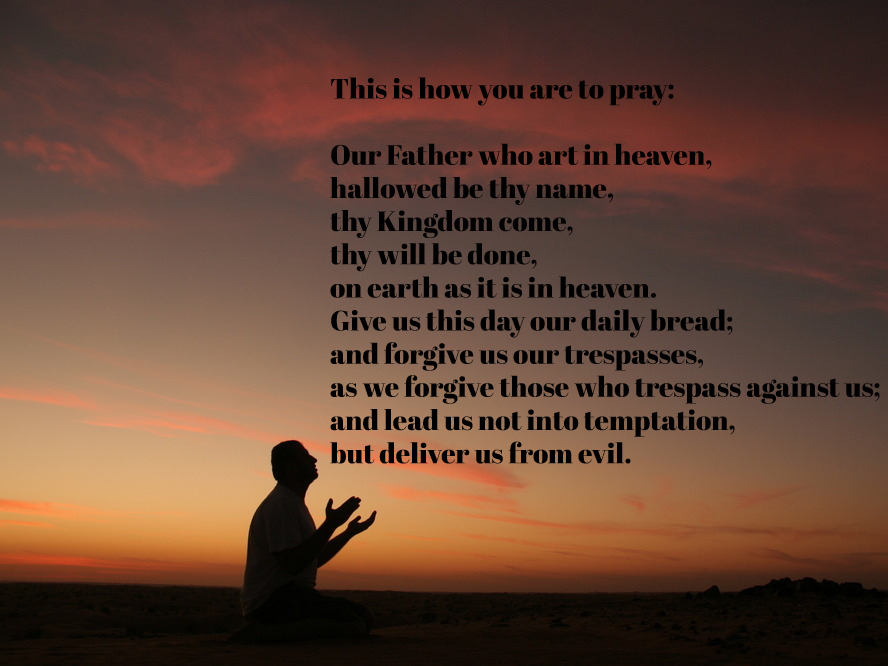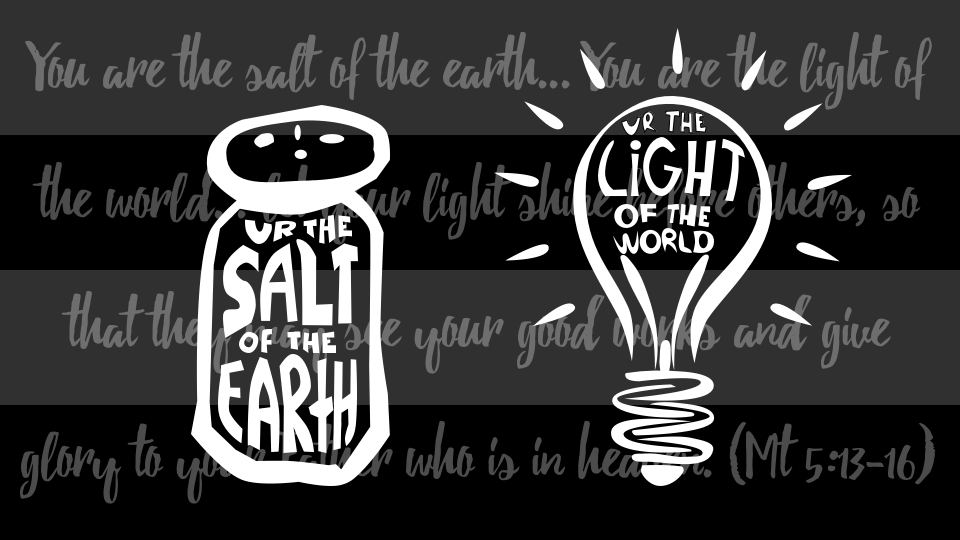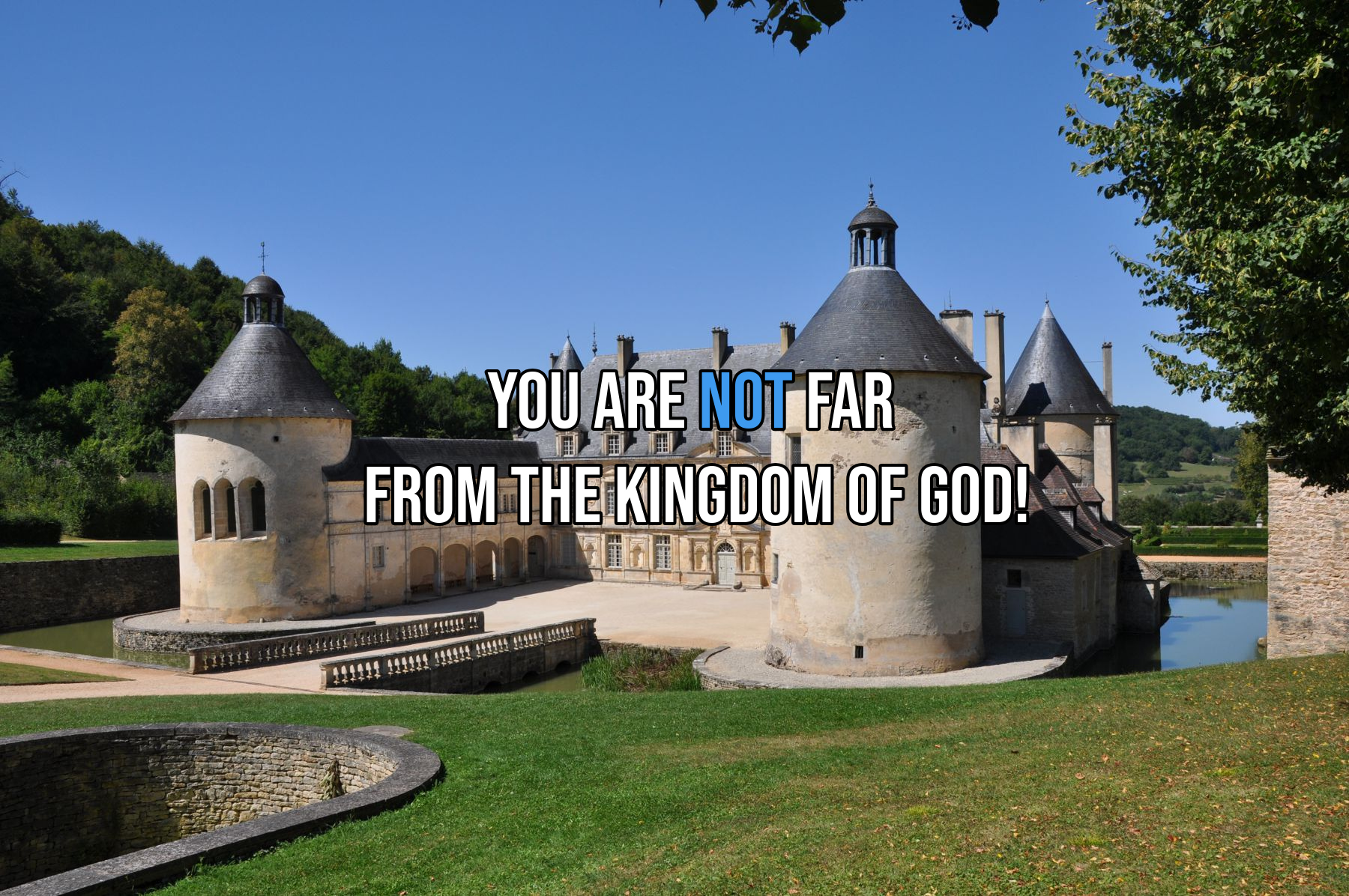Today’s first reading has always intrigued me, ever since I can remember hearing it as a child. God intends to destroy the city of Sodom because of its pervasive wickedness. Abraham, newly in relationship with God, stands up for the innocent of the city, largely because that was where his nephew, Lot, had taken up residence. In what seems to be a case of cosmic “Let’s Make a Deal,” Abraham pleads with God to spare the city if just fifty innocent people could be found there. God agrees and Abraham persists. Eventually God agrees to spare the city if just ten righteous people could be found in the city of Sodom.
It is important, I think, to know that Abraham’s prayer does not really change his unchangeable God. Instead, God always intended to spare the city if there were just people in it. What I love about this reading is Abraham’s line, “See how I am presuming to speak to my Lord, though I am but dust and ashes!” It seems Abraham is testing the relationship, seeing how far it will go. What happens is that he learns something great about our unchanging God: he learns that, as the psalmist sings today, “The LORD is kind and merciful.”
All of this leads us to an important issue at stake for the praying disciple: that is, prayer must come out of a relationship with God. Abraham may have been somewhat presumptuous to speak to God the way that he did. But if he didn’t know God, if he didn’t have a relationship with God, well, then his conversation would have been completely offensive, wouldn’t it? But he did know God, and was getting to know him better, so his pleas for the just people of Sodom were completely appropriate.
We too are called to relationship with God, a relationship that finds its source in our prayer. We can persistently plead for loved ones, but we also have to spend time in adoration and praise and thanksgiving, and even quiet contemplation so that this most important of our relationships can grow. The LORD is kind and merciful, and he longs to reveal his mercy as we come to him in prayer.










You must be logged in to post a comment.